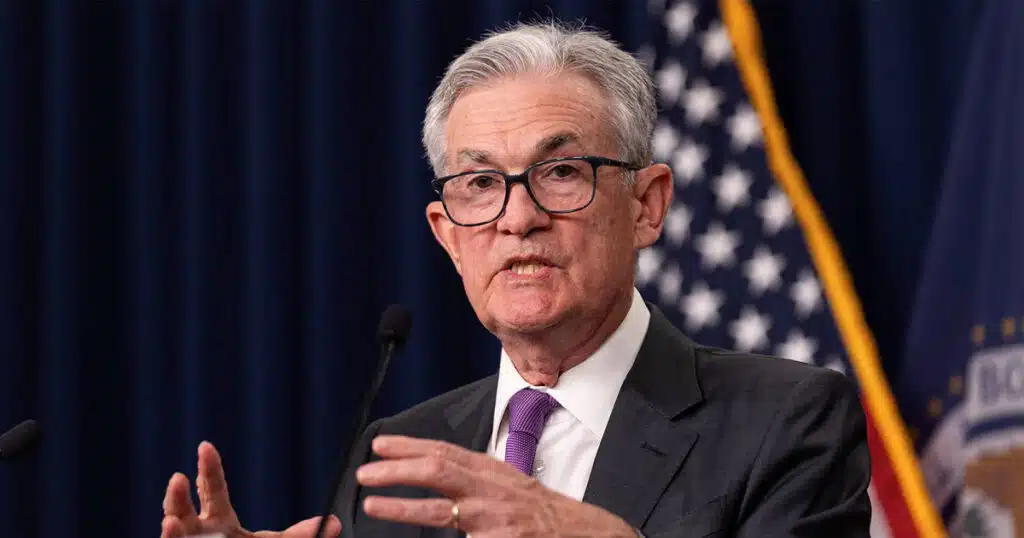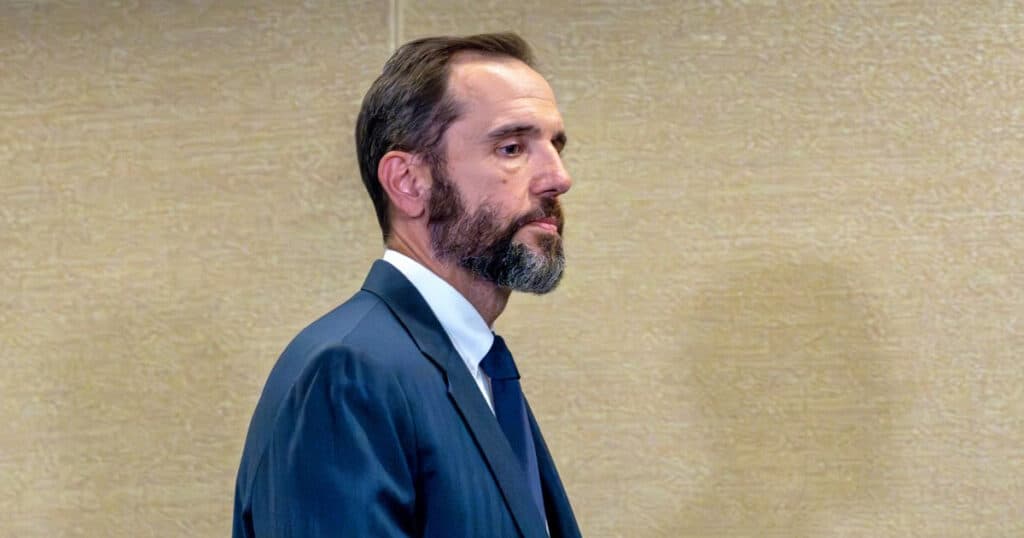
Trump says he has no plans to fire Federal Reserve Chairman Jerome Powell
President Donald Trump said Tuesday he does not plan to boot Federal Reserve Chairman Jerome Powell.
“None whatsoever. Never did,” Trump told reporters in the Oval Office. “The press runs away with things. No, I have no intention of firing him.”
Trump’s comments on Tuesday come after he lashed out at Powell on Monday over interest rates and called the chairman “a major loser.” Last week, Trump said: “Powell’s termination cannot come fast enough!”
The president seemed more relaxed about Powell’s decisions on Tuesday.
“I would like to see him be a little more active in terms of his idea to lower interest rates. This is a perfect time to lower interest rates. If he doesn’t, is it the end? No. It’s not,” Trump said.
Last week, Powell said that Trump’s quickly evolving tariff policies could put the central bank in a difficult position.
“The level of the tariff increases announced so far is significantly larger than anticipated,” Powell said at the Economic Club of Chicago. “The same is likely to be true of the economic effects, which will include higher inflation and slower growth.”
Trump has repeatedly called on the Federal Reserve to lower interest rates, but the president has limited authority over the independent agency.
Stocks plunged on April 2, when Trump announced his “Liberation Day” tariffs. The markets rallied on April 9 when Trump announced a 90-day pause on his higher tariffs, but kept a 10% baseline tariff on imports in place along with a much higher 145% rate on imports from China. Trump also put a 25% tariff on imported passenger vehicles and auto parts.
Trump has promised tariffs will make the U.S. wealthy, bring back manufacturing jobs lost to lower-wage countries in decades past and shift the tax burden away from U.S. families.
A tariff is a tax on imported goods. The importer pays the tax and can either absorb the loss or pass the tax on to consumers in the form of higher prices.
Critics argue the tariffs will hurt the economy and the nation’s trading relationships abroad and that costs will be passed on to American consumers. Trump and his backers have said tariffs would cause some temporary pain but that they would also lead to a new wave of domestic manufacturing and raise federal revenue.



